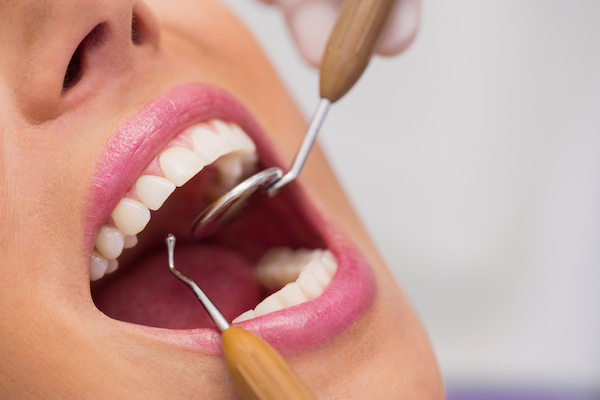Dental Fillings and Fissure Seals in Gordon, NSW
Seal and Restore

Dental Fillings and Fissure Seals Gordon
Dental fillings fix teeth by filling holes caused by decay, making them look and work normally again.
Fissure seals help stop tooth decay by filling in the little grooves on the back teeth, where cavities often happen.
Getting a dental filling is a simple process done at your dentist’s office to restore a decayed tooth.
The dentist removes the decay, cleans the area, and fills it with materials like gold, porcelain, silver amalgam, tooth-coloured plastic, or composite resins.
The Dental Filling Procedure
- Your dentist numbs the area to minimise discomfort.
- The decay is removed, and the filling is placed, taking a short time.
- Your mouth may remain partially numb for a few hours.
There are no significant risks, but keep your dentist’s contact details for any questions. Fillings are commonly used for cavities or to repair damage caused by grinding.

Indirect Fillings
These are like composite fillings made in a lab, requiring two visits.
Indirect fillings, like inlays and onlays, are considered when there’s insufficient tooth structure, but a crown isn’t needed.
- Decay or an old filling is removed on the first visit, and impressions are taken.
- Impressions go to a lab, and a temporary filling protects the tooth.
- The temporary filling is removed on your next visit, and the restoration is checked before being permanently placed.
Fissure Seals
Like white fillings, fissure seals are made of a see-through composite resin, helping prevent cavities by keeping plaque-causing microorganisms away. These are commonly applied to the fissures, grooves, and pits of rear molars, areas prone to cavities.
The procedure, performed by your dentist, dental hygienist, or oral health therapist, is recommended for those at a high risk of dental caries due to factors like poor plaque control, oral hygiene, enamel defects, or deep pits and fissures.

Benefits of fissure seals include
Reducing tooth decay by up to 90-100%
Offering protection for both children and adults
Providing an extra shield for those with dry mouth conditions
They are effective preventive therapy, helping avoid complex and costly dental procedures. Fissure seals enhance oral hygiene, and their subtle colour makes them visually appealing.
During the application procedure
- Teeth are cleaned and dried to ensure proper sealant adhesion.
- The tooth surface is washed with an acid gel or chemical solution for better adherence.
- An adhesive is placed under the sealant.
- The sealant is applied, and, if needed, bright light cures it.
- The liquid sealant forms a strong barrier on the tooth.
- The bite is examined, and excess material is polished away, completing the process.
Dental Fillings and Fissure Seals in Gordon
Take the first step to a healthier smile! Schedule your dental fillings and fissure seal appointment now.
Don’t wait for cavities to develop – with these simple procedures, you can safeguard your teeth and promote long-lasting oral health.
At Northern Dental Gordon, we’re not just about treating teeth; we’re here to make your dental experience comfortable and keep your oral health for years.
Visit your Gordon dentist today!
Call us at (02) 9498 8290 or book an appointment online.
We are located at Suite 3, 2 St Johns Ave in Gordon.
FAQ
What is the purpose of dental fillings?
Dental fillings restore teeth damaged by decay to their normal function and shape. They fill in cavities caused by tooth decay.
How often should I have dental fillings checked?
Regular dental check-ups, usually once a year, are recommended to monitor the condition of existing dental fillings and address any potential issues.
What are fissure seals, and how do they prevent cavities?
Fissure seals are transparent composite resin coatings applied to the grooves and pits of molars to prevent cavities. They act as a barrier against plaque-causing microorganisms, reducing the risk of tooth decay.
